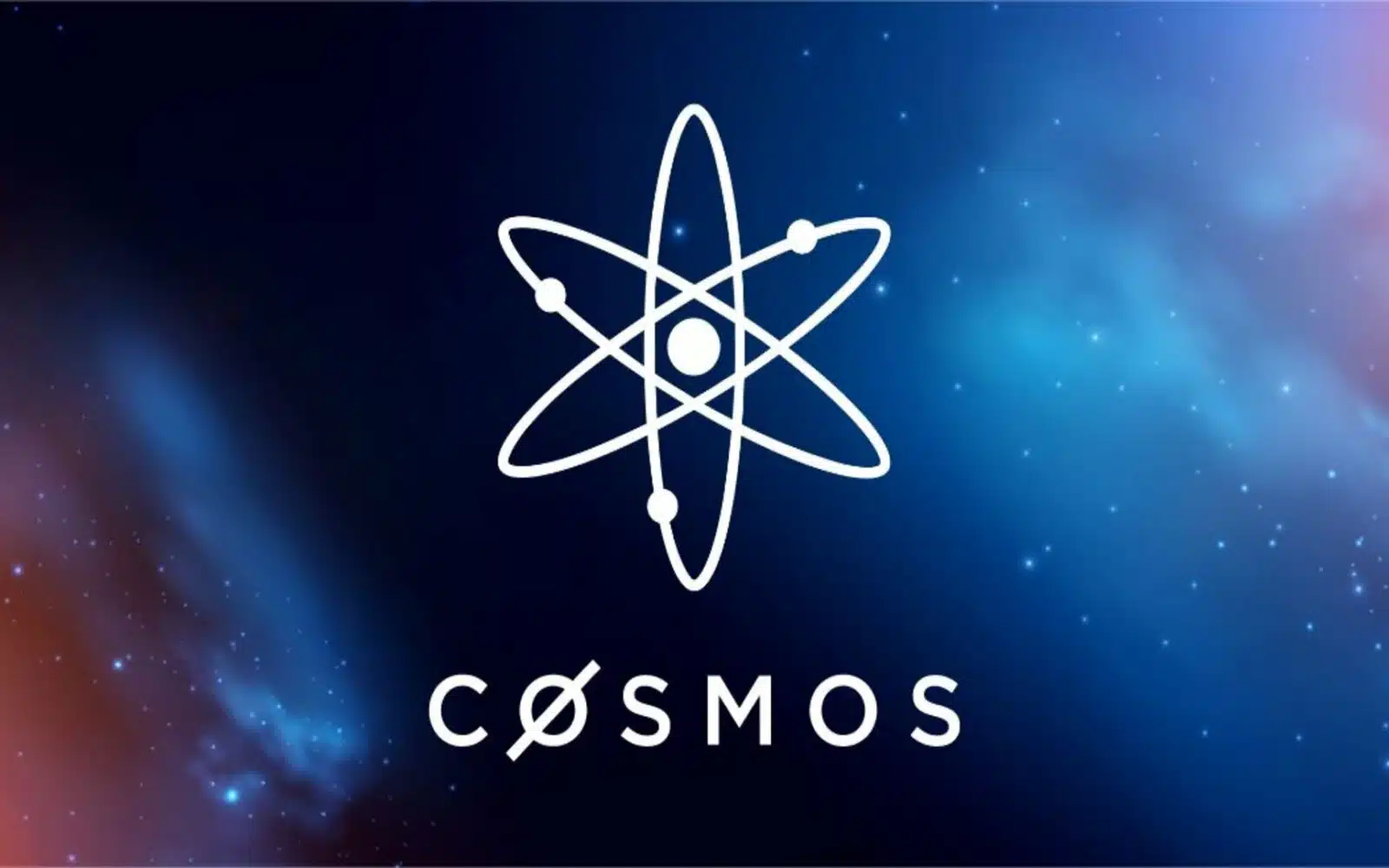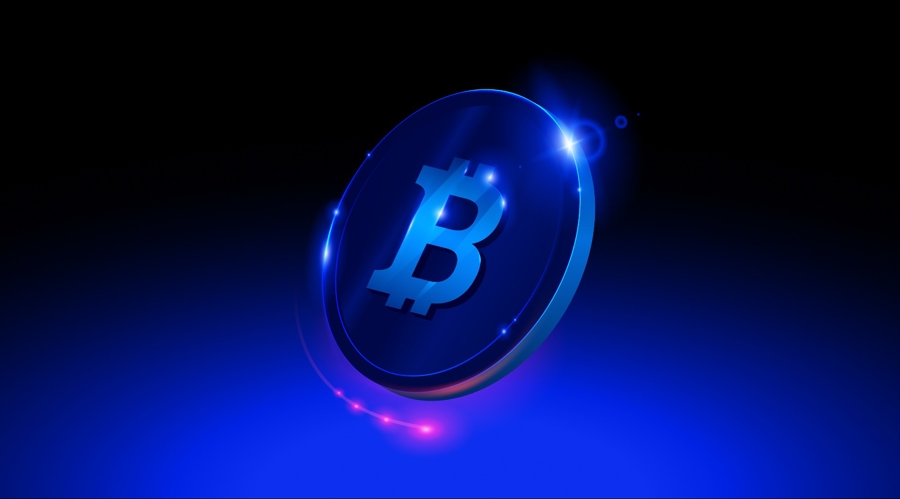As a representative of the established public chain, Solana is slowly recovering from the heavy blow of FTX. With this wave of Bitcoin market, Solana token SOL has also begun to rise strongly, with an increase of 69.96% in the past 30 days. Its increase has exceeded More than 90% of tokens. According to CoinCodex forecasts, optimistic estimates for SOL believe that its price will be expected to reach triple digits by the end of 2024.
On the one hand, Solana’s strong rise is due to its heavy losses in the past. The token price fell from more than 200 US dollars to 10 US dollars, and the market value was seriously underestimated. As the impact of the FTX incident slowly fades, Solana has been steadily building its high-performance Blockchain infrastructure, which has renewed investor interest. In addition, the recent concentrated airdrops of Solana ecosystem projects have also attracted unprecedented market attention. Investors are generally optimistic about Solana’s prospects. Solana may be expected to take advantage of this wave of market conditions to return to its previous peak.
Solana's Sleeping Giant's Return
2022 will be a heavy blow to the entire encryption industry. Numerous encryption institutions have experienced frequent thunderstorms, and Solana, as an established public chain, has not been spared. Throughout 2022, Solana has faced numerous challenges such as network outages and the collapse of FTX. Solana’s market value plummeted by about 93%, and the network’s total value locked (TVL) fell by 96%. The price of SOL currency has also experienced a cliff-like decline. Coupled with the downturn in the entire cryptocurrency market, the price of SOL dropped to as low as $8 before barely stabilizing and rebounding. By the end of 2022, people seemed to have lost hope in Solana's future prospects, and there was widespread speculation that Solana was about to fall into a death spiral.
However, after entering 2023, Solana did not fall into a death spiral as expected by the public. Instead, as Bitcoin rebounded at the beginning of the year, SOL began to stabilize from the lowest point of $7.85 and gradually climbed. During the first quarter, SOL stabilized above $20. Although Bitcoin has experienced a sharp correction since then, the price of SOL has remained stable at around $20. It was not until October that the market entered a large-scale rise, and SOL began to continue to rise. Its increase once exceeded $60, reaching a maximum of $68.25. Compared with the lowest point at the beginning of the year of $7.85, the price of SOL has increased nearly 8 times, and the current price of SOL tokens is $61.

The strong recovery of Solana tokens has also made investors who originally had no expectations for Solana turn to crazy hoarding of SOL. In this wave of rise, Koreans, a group keen on currency speculation, also played an important role. According to reports, in the past few months, the Korean won ranked second after the US dollar among SOL legal currency trading pairs, accounting for 12.3%. And on the Korean exchanges Bithumb and Upbit, SOL is quoted at US$64.34 and US$63.61 respectively, both higher than the global average price of US$61.80 per unit. This shows the crazy enthusiasm of Koreans to buy SOL. SOL once occupied the first place in the trading volume of South Korea's largest crypto exchange Upbit, accounting for 7.65% of the exchange's total trading volume.
The change in the market's attitude toward Solana is not only due to the astonishing rise in its tokens over the past year, but also to the series of measures taken by the project team to revive Solana in the past year. These measures have renewed the market's optimism about Solana and attracted the attention of investors who had lost hope in it.
Why Solana can rise again
Solana's strong recovery is inseparable from its strong leadership. Solana co-founder Anatoly Yakovenko has nearly two decades of experience building high-performance operating systems, and his technical expertise has laid a solid foundation for Solana's success. Yakovenko is widely credited with developing "PoH (Proof of History)". Another co-founder, Solana Raj Gokal, is also a well-known figure in the technology industry. They all have confidence in Solana and believe it has the potential to become the "Apple" of the crypto world.
It is precisely because the founders of Solana are full of confidence in its future and insist on promoting the continuous improvement and innovation of Solana in the technical field even when the market is no longer optimistic about Solana that the current strong recovery of Solana has been achieved.

In 2023, Solana introduced a series of new technologies to improve its blockchain performance and promote application development.
State Compression Technology: Solana introduces state compression technology, aiming to improve the performance of the blockchain, reduce transaction fees, and enhance the tradability of NFTs. This technology is used in smart contracts by hashing transaction data in the Solana ledger and verifying Merkle tree accounts. This means that compressed NFTs can be created on-chain in a similar manner, but at a fraction of the cost. State compression technology provides Solana with higher throughput and lower transaction costs, attracting the interest of more users and developers.
Compressed NFT technology: Solana has launched compressed NFTs, a technology that will change the way the crypto market views NFTs and enable entirely new use cases that previously seemed impossible. By compressing NFTs, NFT creators only need to mint 100 million NFTs for 50 SOL. This has important implications for market participants. In fact, compressed NFTs allow game studios to mint every item or character in a game into an NFT, and social media platforms can more easily distribute NFTs to each user. In the future, we may see billions of physical assets circulating on the blockchain. The introduction of compressed NFT technology has promoted the development of the NFT market and expanded the application scope of the Solana ecosystem.
Neon EVM: Solana has launched Neon EVM, an Ethereum Virtual Machine (EVM)-compatible solution that enables developers to run Ethereum-based smart contracts within the Solana ecosystem. The introduction of Neon EVM provides more choices and flexibility for Ethereum developers, who can run their smart contracts directly on Solana without modifying the code. This facilitates developer migration and the growth of the Solana ecosystem.
Solang: Solana also launched Solang, a tool for writing smart contracts on the Solana blockchain. Solang supports programming languages such as Rust and C, providing developers with more choices. Developers can use Solang to write efficient and secure smart contracts and deploy them to the Solana blockchain. The launch of Solang further improves Solana's developer friendliness and usability, attracting more developers to join the Solana ecosystem.
In addition to continuous innovation in the technology field, Solana has also invested more energy and funds than ever before to promote the innovation and development of ecological projects. In 2023, the Solana Foundation launched a series of growth programs, such as Convertible Grants and AI Grant Fund, to provide support and investment for projects within the Solana ecosystem. Through these programs, the Solana Foundation encourages, incentivizes, and provides funding and resource support for the development of innovative projects.
In addition, the Solana community is also playing an active role, with community members promoting the development of Solana through promotion, participation, and code contribution. The increased attention from the community attracts more developers and users to Solana and promotes the growth of the ecosystem.
In addition, Solana has also begun to focus on strengthening cooperation with major players in the encryption ecosystem, providing diversified use cases for the ecosystem by establishing strategic alliances, and promoting further innovation in the cryptocurrency field. In 2023, Solana has added some new strategic alliances, including Chainlink (LINK), Serum (SRM), ChainSafe, Saber Lab, Bonfida, Raydium (RAY), etc. The establishment of these strategic alliances brings more cooperation opportunities to Solana, expands its influence in the cryptocurrency field, and provides more support and synergy for the development of the ecosystem.
Airdrop is coming, Solana ecology may usher in an explosion
Solana's strong recovery has triggered investors' desire for its token SOL. However, this strong demand has not led to an explosion of liquidity in the Solana ecosystem. Compared with SOL’s astonishing increase, Solana’s total locked value (TVL) increase is far from satisfactory. Solana’s USD-denominated total value locked (TVL) is up 200%, which looks impressive, but is still below FTX’s pre-crash low of $10 billion, and for SOL-denominated TVL, it’s actually up 200% this year It dropped by 45%, highlighting the limited liquidity of the project’s ecosystem.
Liquidity is crucial to ecological development. After realizing the problem of insufficient liquidity, the Solana ecosystem has also taken a series of measures. In the past month, many important projects have announced airdrop plans. Airdrops are undoubtedly The most direct way to attract traffic, here is a brief introduction to these projects:
Jupiter
Jupiter is the first transaction aggregator on the Solana chain, aiming to provide users with the best exchange rates by integrating all major liquidity markets on the Solana blockchain, and provide the best DeFi exchange experience for users and developers. The project was launched on the Jupiter mainnet on October 13, 2021. After the launch, it was continuously optimized and improved based on user feedback and experience, adding more DEX paths on the Solana chain. Currently, Jupiter's official website supports mainstream DEXs on the Solana chain such as Orca, Raydium, Serum, Mercurial, Saber, and Dexla.

On November 22, 2023, Jupiter Exchange launched a community airdrop program for JUP tokens. The program will airdrop a total of 1 billion JUP tokens to 955,000 eligible Solana wallets. The airdrop will be conducted through Solana wallet addresses, and each eligible Solana wallet will receive 1,050 JUP tokens. Jupiter Exchange plans to conduct 4 rounds of airdrops, and the number and proportion of tokens in each round will be adjusted based on community feedback and market conditions. In addition, Jupiter Exchange also announced that it will give away exclusive NFTs to early members of the project, and will prioritize the distribution of tokens to Jupiter users and early community supporters when the tokens are issued.
With the launch of the airdrop program and the issuance of NFTs, Jupiter Exchange is ready to further build its community and create a thriving ecosystem around the project. With a focus on community engagement and user experience, the project is expected to drive widespread adoption and become a leader in Solana-based DEX. Through continued development and innovation, Jupiter Exchange will make an important contribution to the development and promotion of the Solana ecosystem.
jito
Jito is an important project in the Solana ecosystem, aiming to solve the MEV (optimal performer value) problem on the Solana chain and reduce failures caused by congestion on the Solana chain. It offers a staking product, but unlike other liquidity staking protocols, Jito not only provides staking benefits, but also additionally rewards MEV. Jito's team also focuses on the MEV track and launched the third-party validator client Jito-Solana on Solana. Through this architecture, it can effectively obtain MEV income in the Solana network and reduce invalid transaction dust attacks, reducing the entire Solana network. Risk of public chain failure.

On November 28, Jito announced that it would launch a token airdrop plan on January 1, 2024. According to the plan, Jito will issue the governance token JTO and use 10% of the total amount for community retroactive airdrops. This airdrop will play a key role in Jito’s community governance. Users holding JTO tokens can participate in setting the fees of the JitoSOL equity pool, control the StakeNet parameter update delegation strategy, manage the DAO treasury of JTO tokens and the income of JitoSOL, and contribute to the enhancement of Jito Network.
The total amount of JTO is 1 billion, 10% of which will be retroactively airdropped by the community. The airdrop targets include users who hold JitoSOL, Solana validators running the Jito-Solana MEV client, and users who actively use Jito Network’s MEV program. The specific allocation details are: community growth accounts for 34.3%; ecosystem development accounts for 25%; investors account for 16.2%; core contributors account for 24.5%.
This airdrop plan is of great significance to Jito. First, it strengthens Jito’s community governance, allowing token holders to participate in important decisions and promote the development and growth of the project. Secondly, the airdrop plan attracts more users and validators to Jito, increasing community participation and security of the project. In addition, Jito’s airdrop also has a positive impact on the Solana ecosystem. It plays an important role in promoting liquidity and trading activity on the Solana chain, providing users with better staking yields and additional MEV rewards. This will further promote the development of the Solana ecosystem, attract more projects and users to join, and enhance the prosperity of the entire ecosystem.
Pyth Network
Pyth Network is a decentralized oracle project built on the Solana blockchain. Its goal is to aggregate off-chain financial data onto the blockchain to provide high-quality and high-fidelity data for DeFi and traditional financial fields. The project has received support from many institutional investors and cooperated with some top partners, such as GTS, the largest market maker on the New York Stock Exchange, institutional trading platforms LMAX, FTX and Chicago Trading Company.

In order to promote the development and decentralization of Pyth Network, the project announced its airdrop plan on November 20, 2023. The airdrop will last for 90 days, and the opening time for collection is 22:00 on November 20, 2023. The airdrop collection page is valid until February 18, 2024. The airdrop program is an extensive cross-chain airdrop, covering more than 90,000 wallet addresses on 27 chains. All community members who contribute to the Pyth Network ecosystem as well as individual users working with Pyth data are eligible to participate.
Pyth Network’s airdrop program will incentivize the community to participate in on-chain governance and drive the project toward a decentralized, self-sustainable, and permissionless state. As the oracle network in the Solana ecosystem, the development and growth of Pyth Network will also improve the sustainability and decentralization of the Solana ecosystem, attracting more participation and attention.















